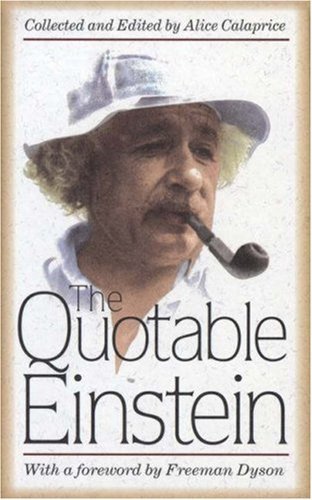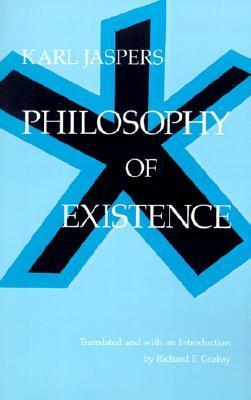
The World As I See It
Book Description
A genius uncovers the secrets of the universe, and what he reveals will challenge everything you think you know. In "The World As I See It," Albert Einstein plunges into the profound depths of human experience, exploring the intersection of science, philosophy, and society. With passionate insights and stark reflections, he wrestles with the existence of truth in a chaotic world, each page a call to awake the intellect and spirit. As he navigates the complexities of morality, politics, and humanity’s quest for knowledge, one question looms large: Can understanding the cosmos truly change the essence of our lives?
Quick Book Summary
"The World As I See It" is a compelling collection of essays in which Albert Einstein shares his reflections on the nature of the universe, science, philosophy, politics, and religion. With clarity and humility, Einstein discusses fundamental truths about human existence, the limits of scientific knowledge, and the ethical responsibilities that come with discovery. He expresses deep concern for social justice and the well-being of humanity, showing how scientific pursuit and human values are intricately linked. Einstein’s writings challenge readers to seek understanding beyond materialism, to foster a spirit of humility, and to embrace unity and compassion amidst a turbulent, ever-changing world. His insights remain a timeless call to intellectual curiosity.
Summary of Key Ideas
Table of Contents
The Unity of Science and Spirituality
Einstein views science as more than a method for unlocking the secrets of nature; it is a bridge connecting the rational and the spiritual. He expresses a reverential awe toward the cosmos, suggesting that scientific inquiry often invokes a sense of wonder akin to religious experience. For Einstein, the pursuit of knowledge is driven not just by reason, but by intuition and a desire to understand the underlying harmony of the universe. He distinguishes between dogmatic belief and a humble recognition of mystery, asserting that true science encourages an appreciation for what transcends human understanding.
The Responsibility of the Scientist
Throughout his essays, Einstein emphasizes the ethical dimensions of scientific progress. He warns of the dangers posed by science when divorced from moral consideration, particularly in relation to warfare and technological advances. Scientists, he argues, have a responsibility to ensure their work serves humanity and promotes peace, not destruction. This sense of duty extends to speaking out against injustice and supporting social institutions that protect freedom and human dignity. Einstein’s advocacy for disarmament and international cooperation reflects his conviction that scientific knowledge should be a force for good.
Humanity, Peace, and Social Justice
Einstein’s writings are imbued with a deep compassion for humanity. He discusses the importance of empathy, social solidarity, and the need for societies to work towards justice and equality. He criticizes materialism, nationalism, and the rigid structures that divide people, urging instead for a sense of global community and mutual understanding. His philosophical reflections underscore the interconnectedness of all people and highlight the importance of ethical principles in guiding individual and collective action.
The Search for Truth and Humility
Central to Einstein’s worldview is the relentless pursuit of truth, tempered by humility. He acknowledges the limitations of human knowledge and the provisional nature of scientific theories. Rather than viewing uncertainty as a weakness, he sees it as a driver of continuous exploration and intellectual development. For Einstein, humility in the face of the vast and mysterious universe is essential, both intellectually and morally. He encourages others not to accept easy answers, but to engage in lifelong questioning and learning.
Individual Freedom and Social Duty
Freedom, for Einstein, is inseparable from responsibility. He argues that society must protect individual liberty while ensuring that freedom does not degenerate into selfishness or indifference to others. The balance between personal autonomy and social obligation is a recurring theme; creativity and progress flourish best in open societies. Einstein’s vision is of a world where each person’s unique potential is nurtured, yet directed towards the common good. He concludes that only through such a balance can science, society, and the individual truly thrive.
Download This Summary
Get a free PDF of this summary instantly — no email required.





